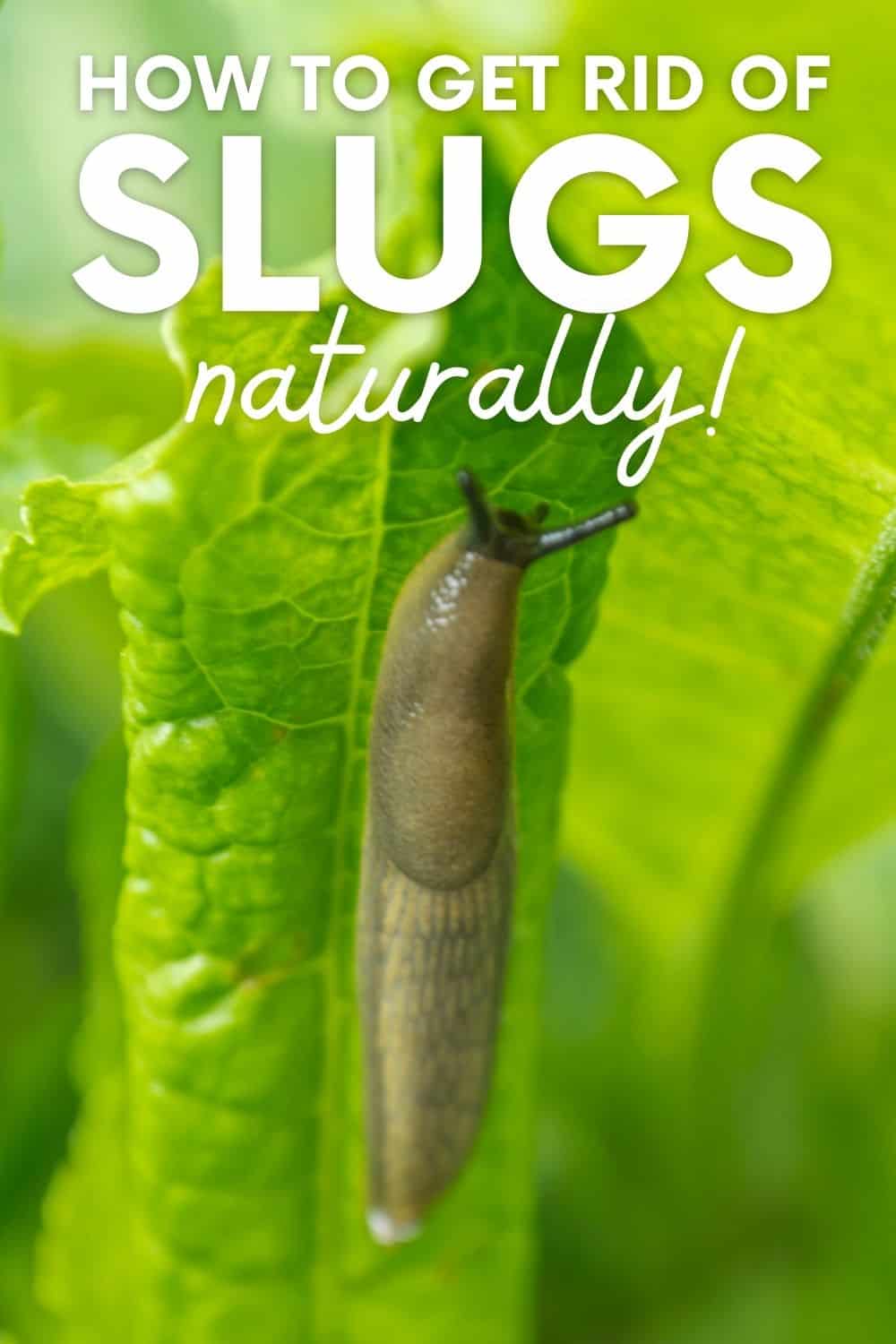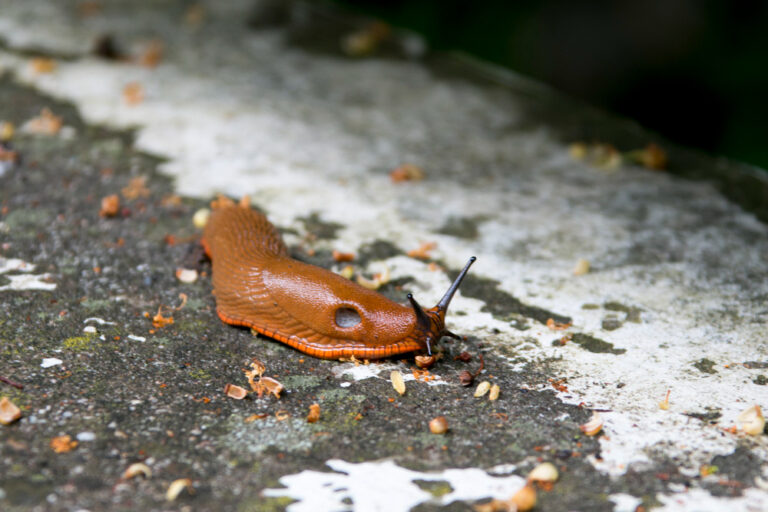The Slug Dilemma: Uncovering the Truth About These Slimy Creatures in Your Garden
What’s the Big Deal About Slugs in the Garden?
Slugs are often viewed as pests in the gardening world, with many gardeners considering them a nuisance that can wreak havoc on their prized plants. But are slugs good for a garden? The truth is, slugs play a vital role in the ecosystem, and their presence in your garden can have both positive and negative effects. While they can cause damage to plants, they also contribute to decomposing organic matter, controlling pest populations, and serving as a food source for other animals. In this article, we’ll delve into the world of slugs, exploring the benefits and drawbacks of having them in your garden, and uncovering the truth about these slimy creatures.
The Surprising Benefits of Slugs in Your Garden
While slugs are often viewed as pests, they play a vital role in the ecosystem and can have several benefits in the garden. One of the most significant advantages of having slugs in your garden is their ability to decompose organic matter. Slugs are detritivores, which means they feed on decaying plant material, helping to break it down and recycle nutrients. This process improves soil health, structure, and fertility, creating a more conducive environment for plant growth. Additionally, slugs can help control pest populations by feeding on insects and their eggs, reducing the need for pesticides and other chemicals. They also serve as a food source for other animals, such as hedgehogs, toads, and birds, supporting the local food chain. By understanding the benefits of slugs, gardeners can begin to see them in a new light and appreciate their role in creating a balanced and thriving ecosystem. So, are slugs good for a garden? The answer is yes, and it’s time to give these slimy creatures the recognition they deserve.
How to Harness the Power of Slugs for a Healthier Garden
For gardeners who want to encourage slugs in their garden, there are several strategies to create a slug-friendly environment. One approach is to incorporate slug-attracting plants, such as marigolds, daisies, and lettuce, which provide a food source for slugs. Additionally, gardeners can create a habitat that mimics the slugs’ natural environment by incorporating rocks, logs, and other hiding places. Using natural pest control methods, such as introducing beneficial insects like ladybugs and lacewings, can also help to reduce the need for pesticides and create a balanced ecosystem. By adopting these strategies, gardeners can harness the power of slugs to create a healthier, more diverse garden ecosystem. After all, are slugs good for a garden? By embracing their role in the ecosystem, gardeners can reap the benefits of having slugs in their garden.
The Dark Side of Slugs: Understanding the Potential Drawbacks
While slugs can be beneficial to the garden ecosystem, they also have a darker side. One of the most significant drawbacks of having slugs in your garden is the damage they can cause to plants. Slugs are notorious for their ability to chew through leaves, stems, and flowers, leaving behind a trail of destruction. This can be particularly problematic for gardeners who have invested time and effort into cultivating their plants. Additionally, slugs can spread disease and pests, further exacerbating the problem. For example, slugs can carry fungal spores on their bodies, which can then be transferred to plants, causing infection. Furthermore, slugs can also serve as a vector for nematodes, microscopic worms that can harm plants. To mitigate these risks, gardeners need to adopt effective management strategies, such as using physical barriers, traps, and organic pesticides. By understanding the potential drawbacks of having slugs in your garden, gardeners can take a more informed approach to managing these slimy creatures. After all, are slugs good for a garden? The answer is not a simple yes or no, but rather a nuanced understanding of their role in the ecosystem.
Slug Control Methods: Separating Fact from Fiction
When it comes to controlling slugs in the garden, there are many myths and misconceptions that can lead to ineffective management strategies. One common myth is that copper barriers are a foolproof way to deter slugs. While copper can be an effective deterrent, it is not a guarantee, and slugs can still find ways to navigate around or over these barriers. Another myth is that beer traps are a reliable method for controlling slug populations. While beer traps can be effective, they often only target a small percentage of the slug population, leaving the rest to continue causing damage. To effectively manage slug populations, gardeners need to adopt evidence-based approaches, such as using organic pesticides, introducing natural predators, and creating physical barriers. By separating fact from fiction, gardeners can develop a more effective strategy for managing slugs in their garden. After all, are slugs good for a garden? The answer lies in understanding the benefits and drawbacks of having slugs in your garden and adopting a nuanced approach to management.
The Slug’s Role in the Ecosystem: A Deeper Look
Slugs play a vital role in the ecosystem, serving as both predators and prey in the garden food chain. As decomposers, slugs help break down organic matter, recycling nutrients and returning them to the soil. This process not only improves soil health but also supports the growth of beneficial microorganisms. Additionally, slugs are an important food source for many animals, including hedgehogs, toads, and birds. By understanding the ecological importance of slugs, gardeners can appreciate the value they bring to the garden ecosystem. For instance, are slugs good for a garden? In terms of their role in decomposing organic matter, the answer is a resounding yes. However, their ability to damage plants and spread disease means that effective management strategies are still necessary. By recognizing the interconnectedness of the ecosystem, gardeners can adopt a more holistic approach to garden management, one that balances the needs of slugs with those of other garden inhabitants.
Coexisting with Slugs: A Balanced Approach to Garden Management
While slugs can be a nuisance in the garden, they are also an integral part of the ecosystem. Rather than trying to eradicate them entirely, gardeners can adopt a balanced approach to managing slugs, one that recognizes their benefits while also protecting plants. This means finding a middle ground between encouraging slugs and controlling their populations. By understanding the importance of slugs in the ecosystem, gardeners can take a more holistic approach to garden management, one that prioritizes coexistence over eradication. So, are slugs good for a garden? The answer is a resounding yes, but only when managed effectively. By adopting a balanced approach, gardeners can harness the benefits of slugs while minimizing their drawbacks. This might involve creating a slug-friendly environment, using natural pest control methods, and incorporating slug-attracting plants. By working with nature rather than against it, gardeners can create a thriving and diverse ecosystem that benefits all its inhabitants, including slugs.
Conclusion: The Verdict on Slugs in the Garden
In conclusion, the debate surrounding slugs in the garden is complex and multifaceted. While they can be a nuisance, causing damage to plants and spreading disease, they also play a vital role in the ecosystem, decomposing organic matter, controlling pest populations, and serving as a food source for other animals. So, are slugs good for a garden? The answer is a resounding yes, but only when managed effectively. By understanding the benefits and drawbacks of having slugs in your garden, gardeners can adopt a nuanced approach to garden management, one that prioritizes coexistence over eradication. By finding a balance between encouraging slugs and protecting plants, gardeners can create a thriving and diverse ecosystem that benefits all its inhabitants. Ultimately, the verdict on slugs in the garden is clear: they are a valuable, albeit sometimes troublesome, component of a healthy and balanced ecosystem.






